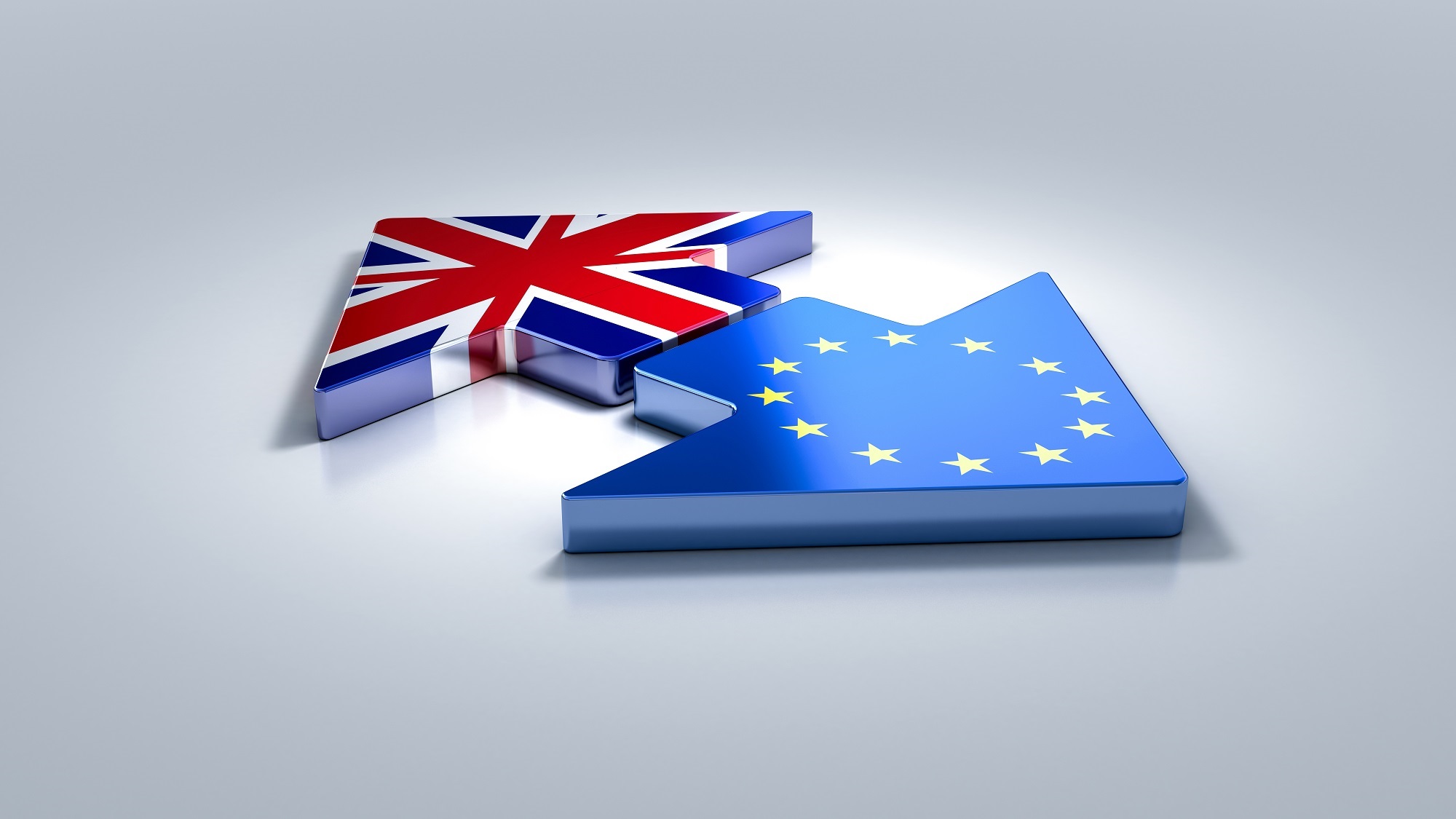
Brexit
As of February 1, 2020, the UK is no longer part of the European Union (EU). Despite Brexit being in the past, this doesn't mean the resulting rules are set in stone, with negotiations between the EU and the UK continuing for years afterwards. We have compiled an overview of the main consequences of Brexit from the perspectives of VAT and customs, employees and Dutch corporate income tax (CIT).
Brexit and VAT
Brexit has had far-reaching consequences for international trade between the UK and the EU. The UK is being treated as a non-EU country from January 1, 2021, onwards, with all the changes to VAT and customs matters associated with that status. On the webpage Brexit and VAT you will find an up-to-date overview of news, points of attention and tips for a proper preparation for Brexit. Be sure to bookmark this page, as we will be updating it regularly with news and developments.
Brexit and employees
If your business employs expats from the UK, who work in the Netherlands, or vice versa (i.e. Dutch employees working in the UK), Brexit has had significant consequences. Areas of attention include residence and work permits, and Dutch personal income tax (PIT). Read more about these issues in one of the articles below (the most recent article is listed first).
Brexit and CIT
If your business has branches in the UK and/or is included in, Brexit will have affected your CIT position. All the more so if you intend to establish one or more new branches in the UK.
Our advisors in the areas of VAT, CIT, PIT and expats would gladly help you ensure a thorough preparation for Brexit. Feel free to contact us, we are here to help.
Questions about the new situation after Brexit?
Our advisers in the field of VAT, corporate income tax, income tax and expats are happy to help you with all your questions arising from Brexit. Feel free to contact us, we are happy to assist you.


